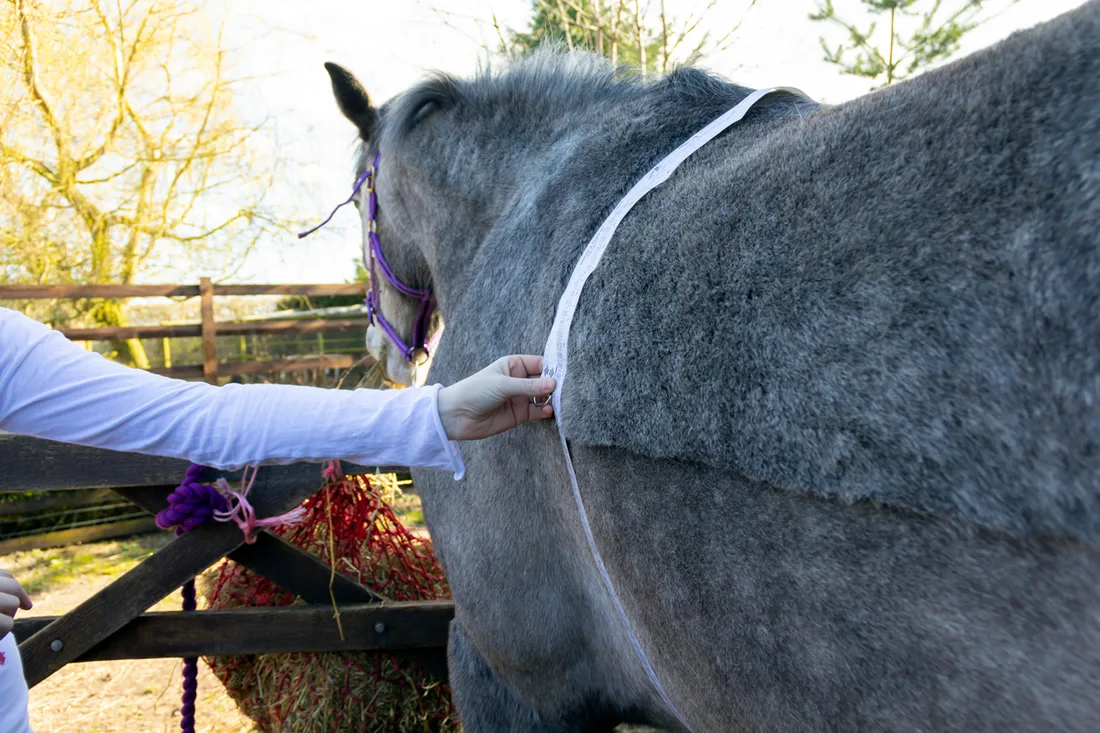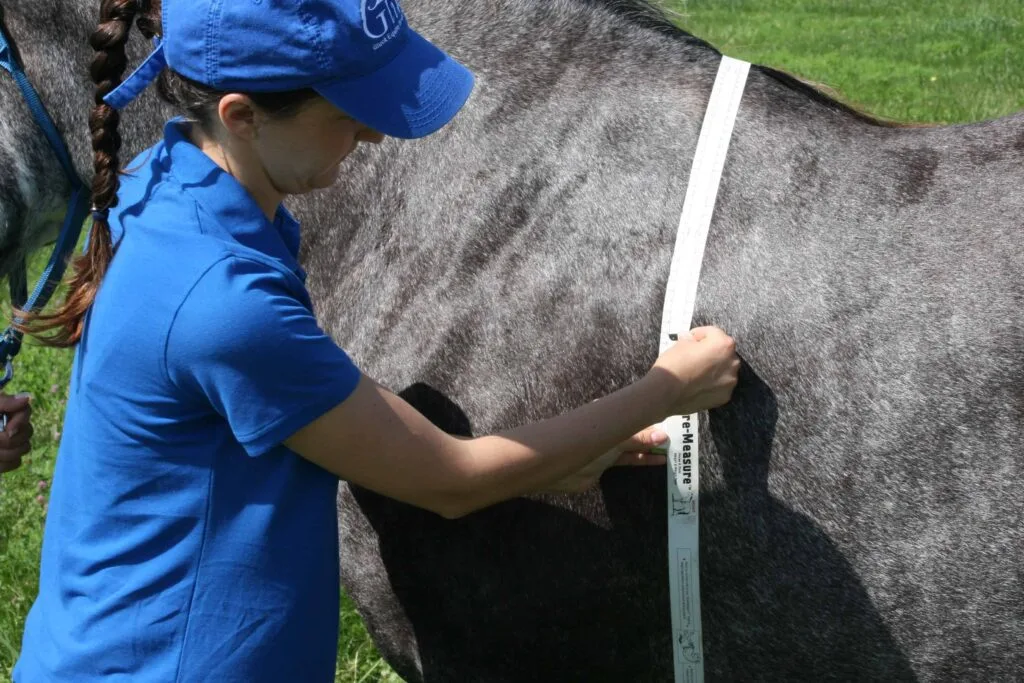Maintaining an ideal weight for horses is essential to ensure they lead healthy and active lives.
effective horse weight management involves a balanced approach to nutrition, exercise, and healthcare. By maintaining an optimal weight, horses can thrive physically and mentally, ensuring they are prepared for the demands of their roles, whether as athletes, companions, or working animals. Owners and caretakers play a crucial role in ensuring the well-being and longevity of these magnificent animals through attentive weight management practices
Understanding Ideal Weight
Horses, like humans, have an ideal weight range that varies based on factors such as breed, age, and activity level. Monitoring a horse’s weight involves assessing body condition score (BCS), which considers fat coverage over specific areas like the ribs, spine, and tailhead. Ideally, horses should have a BCS between 4 and 6 on a scale of 1 to 9, where 1 is emaciated and 9 is obese.
Factors Influencing Weight
- Nutrition: Proper nutrition is fundamental. A balanced diet should include high-quality forage, appropriate concentrates (if necessary), and supplements as advised by a veterinarian or equine nutritionist.
- Exercise: Regular exercise helps horses maintain muscle tone, cardiovascular health, and overall fitness. It also aids in managing weight by burning excess calories.
- Health Conditions: Certain health issues like metabolic disorders (e.g., Cushing’s disease) or dental problems can affect a horse’s ability to maintain weight.
Managing Underweight Horses
- Diet Adjustments: Increase calorie intake through additional forage or concentrates rich in fats and proteins.
- Health Assessment: Rule out underlying health issues through veterinary examination.
- Feeding Schedule: Offer small, frequent meals to encourage consistent calorie intake.
Managing Overweight Horses
- Dietary Modifications: Reduce calorie intake by limiting access to lush pasture and high-calorie feeds.
- Exercise Regimen: Implement a structured exercise program to promote weight loss and muscle development.
- Monitoring: Regularly monitor weight and adjust management practices as needed.
Preventive Measures
- Routine Care: Schedule regular veterinary check-ups and dental exams.
- Balanced Diet: Feed according to nutritional needs, adjusting for age, activity, and health.
- Exercise: Maintain a consistent exercise routine appropriate for the horse’s age and fitness level.

Pros of Horse Weight Management:
- Health Maintenance: Proper weight management promotes overall health, reducing the risk of obesity-related diseases such as laminitis and metabolic disorders.
- Improved Performance: Horses at an ideal weight perform better in various disciplines, whether in racing, show jumping, or endurance riding, due to enhanced agility and stamina.
- Longevity: Maintaining a healthy weight can contribute to a longer lifespan for horses, allowing them to lead active and fulfilling lives well into old age.
- Better Body Condition: A well-managed weight ensures horses have appropriate muscle tone and fat distribution, which is crucial for their comfort and well-being.
- Cost Savings: Preventing weight-related health issues can save money on veterinary bills and treatment costs associated with obesity-related conditions.
Cons of Horse Weight Management:
- Challenges in Weight Gain: Some horses may struggle to gain weight due to underlying health issues or poor appetite, requiring careful monitoring and possibly specialized feeding programs.
- Time-Consuming: Proper weight management requires consistent monitoring of diet, exercise, and health, which can be demanding for owners and caretakers with busy schedules.
- Risk of Underfeeding: Overly restrictive weight management practices can lead to underfeeding, affecting a horse’s health and performance negatively.
- Individual Variability: Each horse has unique nutritional needs and metabolism, making it challenging to find a one-size-fits-all approach to weight management.
- Behavioral Issues: Changes in diet or exercise routines can sometimes lead to behavioral problems such as increased aggression or anxiety in horses.
While there are challenges associated with managing a horse’s weight, the benefits far outweigh the drawbacks when approached with knowledge, care, and attention to the horse’s individual needs. By maintaining a balanced approach to nutrition, exercise, and health monitoring, owners can ensure their horses achieve and maintain an optimal weight for a healthy and fulfilling life.




